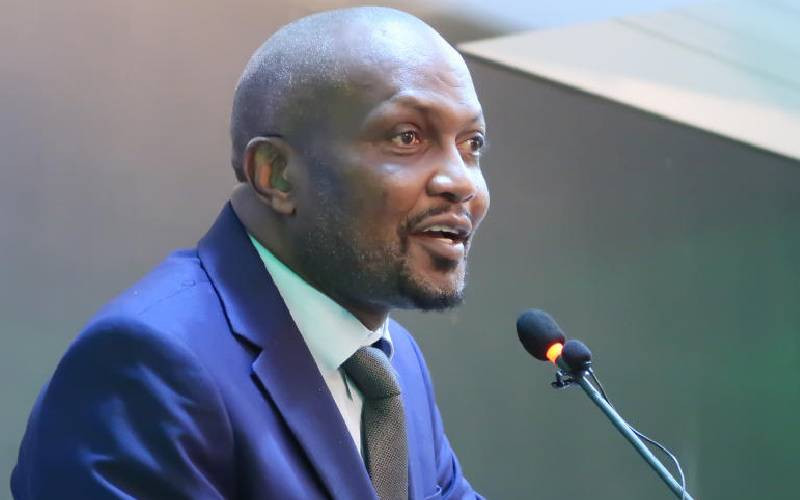
Is the Kenya Kwanza government suffering from the Peter Principle? The promises it made for the first 100 days in office, beginning with lowering the cost of living have not been fulfilled. Instead, they have been replaced with new promises. The economy has to be fixed before the "hasolas" (hustlers) get what they were promised.
We were promised a lean and extremely efficient government. Nah! It is considerably large. So, should we blame the people in the regime or the policies they have adopted for the change of direction? Should we blame global crises such as the Ukraine-Russia war to for the new regime's incapacity to improve the lives of millions of people in the fringes of poverty?